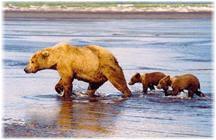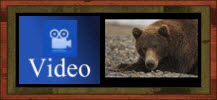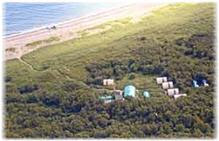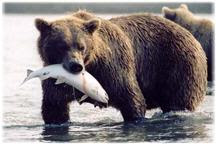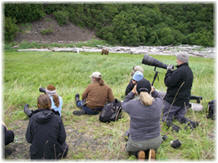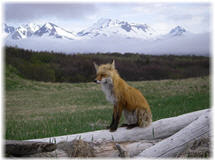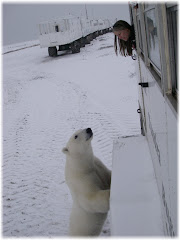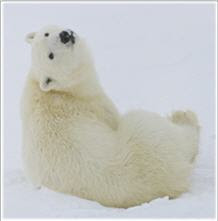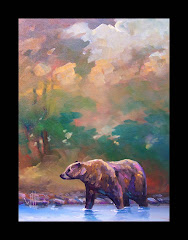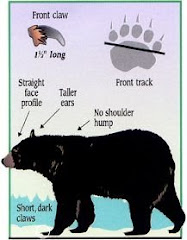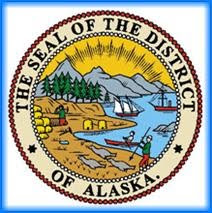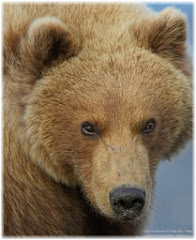We had the lovely fortune to have Dr. Jane Goodall visit us this summer.
She had so many interesting stories and comments that over the winter we would like to share them with you.
"It is easy to be overwhelmed by feelings of hopelessness as we look
around the world. We are losing species at a terrible rate, the
balance of nature is disturbed, and we are destroying our beautiful
planet. We have fear about water supplies, where future energy will
come from - and most recently the developed world has been mired in
an economic crisis. But in spite of all this I do have hope, for
without it all we can do is eat and drink the last of our resources
as we watch our planet slowly die. Let's have faith in ourselves,
in our intellect, in our staunch spirit and in our young people.
And let's do the work that needs to be done, with love and
compassion."

.JPG)

.jpg)

.jpg)
.jpg)

.jpg)
.jpg)
.jpg)
.jpg)
.jpg)
.jpg)
.jpg)





 Alaska Time
Alaska Time